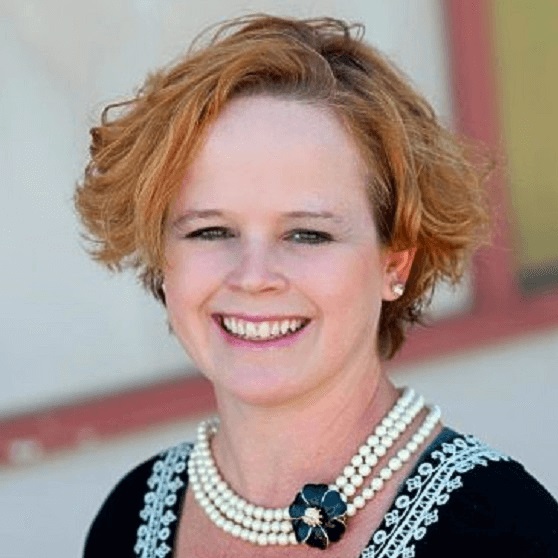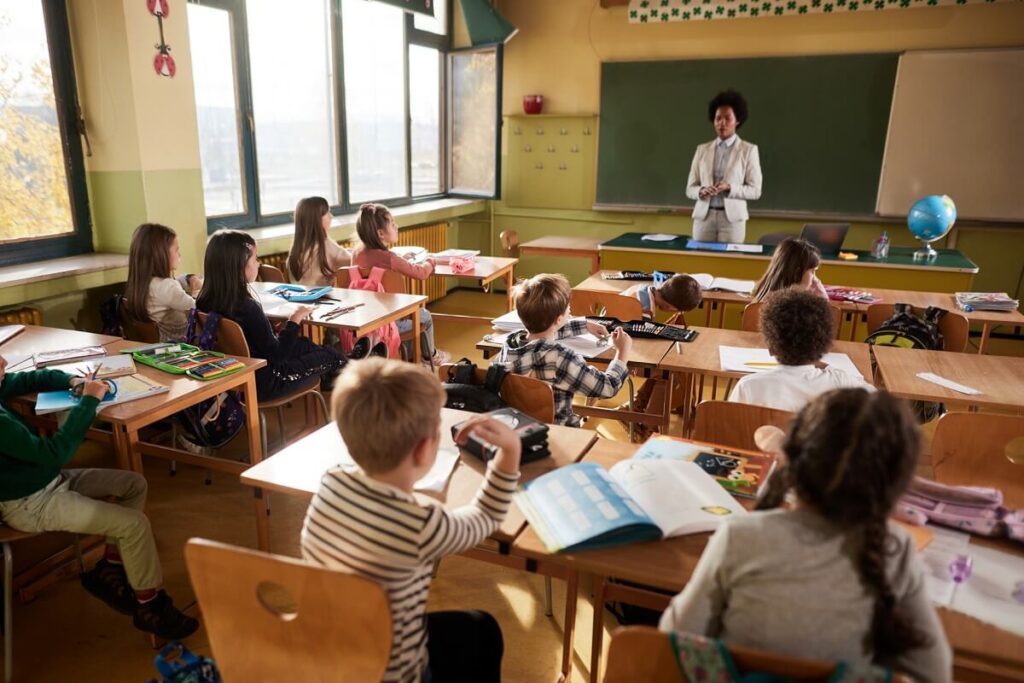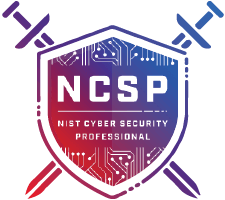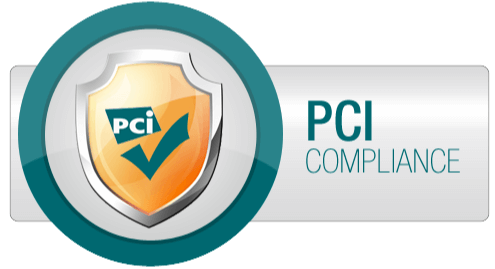World Teen Mental Wellness Day is March 2. It is a day to raise awareness about mental health for teens and to work toward destigmatizing one of the most important issues for teens. Mental health issues are common in teenagers and often are not diagnosed or treated. Raising awareness can help teens realize that they are not alone and that it is okay to ask for help.
Teen mental health issues are a growing crisis with more than 1 in 3 high school students reporting persistent feelings of sadness or hopelessness and 1 in 6 adolescents reporting suicidal ideation. Suicide is one of the leading causes of death in teenagers. About ½ of students who identify as LGBTQ+ reported suicidal ideation, and suicide attempts for Black students increased by about 50% over the past 10 years.
1 in 3 high school students reporting persistent feelings of sadness or hopelessness and 1 in 6 adolescents reporting suicidal ideation
Mental health is directly linked to academic success, resilience, and feeling connected to family, friends, and school. Problems with mental health often lead to increased behavioral risks in teens such as alcohol and drug use, violence, high risk sexual behaviors, and criminal activity.
Social Emotional Learning (SEL)
Social Emotional Learning (SEL) has been proven in numerous research studies to build the skills that can help prevent mental health problems or can help individuals better cope and manage mental health issues. RethinkEd’s SEL curriculum can help educators introduce concepts such as resilience, self-control, stress management, and problem solving that can strengthen responsible decision making and help teens feel like they have better control over what is happening in their lives.
Resilience helps us to manage and recover from daily setbacks and adversity. We can teach this through the development of positive relationships, managing emotions, becoming more autonomous, and accepting challenges as opportunities. For instance, in RethinkEd’s 8th grade Resilience lesson, students are taught strategies to build and use courage by trying new things, making hard choices, standing up for their beliefs, asking for what they want, and learning to truly be themselves.
Resilience helps us to manage and recover from daily setbacks and adversity.
Perhaps more than in any other time in life, teens need to know that there are people that care for them and that there are supports available for them when they need help. Asking for help is harder than it sounds and often teens need to be taught the skills to ask for help, including who to ask, how to ask, when to ask, and that it is okay to ask. They need to have the confidence and self-advocacy skills to request what they need and take action to get the help that they need.
Mental Health Awareness
This day is a great opportunity to reach out to teens and give them a safe space to learn about and talk about mental health issues. The RethinkEd Mental Health curriculum provides a solution for educating students about mental health and offering activities to foster a healthy and safe discussion. For instance, the 10th grade RethinkEd lesson on anxiety helps students to recognize the signs and symptoms of anxiety in themselves, to develop protective strategies to manage anxiety, and to identify resources that are available to help manage anxiety. Similar lessons are available for developing healthy identities, kindness to animals, online safety, depression, substance use disorders, trauma, reducing the risk of suicide, preventing violence, and human trafficking.
the 10th grade RethinkEd lesson on anxiety helps students to recognize the signs and symptoms of anxiety in themselves, to develop protective strategies to manage anxiety, and to identify resources that are available to help manage anxiety
Managing Stress and Self-Care
All middle and high school students experience some stress, particularly now, during the aftermath of the pandemic and the heightening tensions related to social justice. Today is a good day to help students learn strategies for taking care of themselves and managing their stress. Several of the RethinkEd SEL lessons are useful for teaching these skills including the Stress Management lessons. For instance, the 7th grade Stress Management lesson teaches students strategies for changing negative thoughts (i.e. “Stinking Thinking”) through an educational video, discussions, student activities, and a game. Other SEL lessons that can help students with self-care include Mindfulness, Self-Efficacy, Optimism, Self-Compassion, Self-Advocacy, and Health Boundaries.
the 7th grade Stress Management lesson teaches students strategies for changing negative thoughts (i.e. “Stinking Thinking”)
Mental Health Resources
The Society for Adolescent Health and Medicine (SAHM) website has a comprehensive list of Mental Health resources, including hotlines, that you can share with your students.











